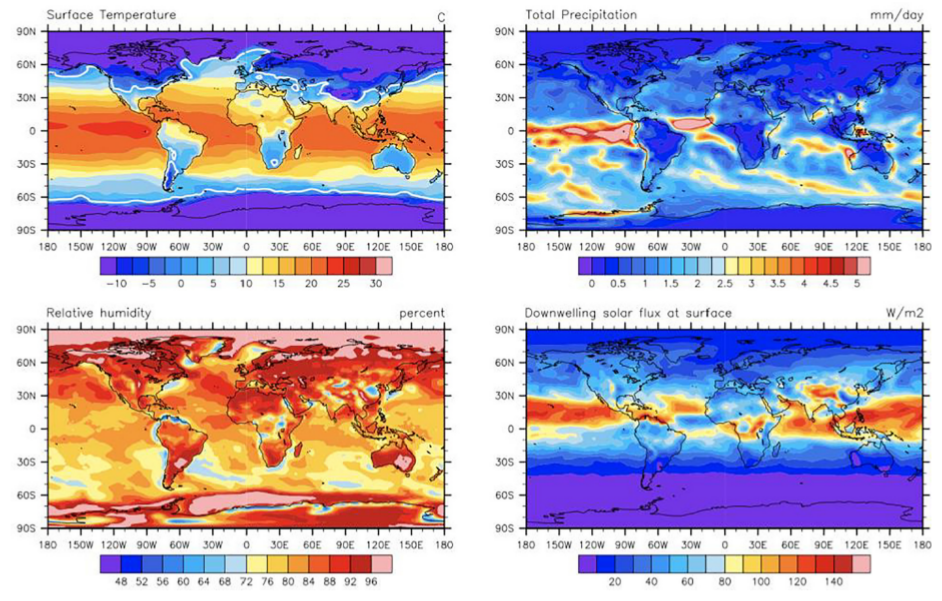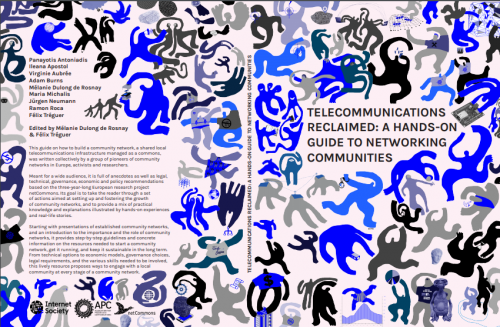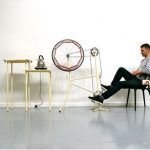During a global catastrophe such as a nuclear winter, in which sunlight and temperatures are reduced across every latitude, to maintain global agricultural output it is necessary to grow some crops under structures. [Read more…]
A Longing for the Lost Landline
In the landline world there was down time. You left the house, you looked around, you saw people, you daydreamed, you got lost, you found your way again, you gazed from the train window at lines of poplars swaying in the mist. Time drifted. It was not raw material for the extraction of productivity. It stretched away, an empty canvas.
Experience occurred, not as a thing to be rated with stars, nor as the prelude to a request for feedback. Sidewalks were not an obstacle course around people absorbed by smartphones. Posture was better. Heads were not bowed in contemplation of thumbs. The end of landlines has been bad for necks. It has been bad for the bonds that form the commons.
People knew where they were in relation to other places on a map. They had their bearings. They were not blue-dot zombies in motion on a navigation system. They could remember landline phone numbers. Kids did not have play dates, they had neighborhoods. In those neighborhoods they played with neighbors’ children. They were not tracked minute by minute.
Quoted from: A longing for the lost landline, Roger Cohen, NYT.
Telecommunications Reclaimed: Hands-On Guide on Community Networks
This book is a guide on how to build a community network, a shared local telecommunications infrastructure, managed as a commons, to access the internet and other digital communications services. It was written collectively by a group of community network pioneers in Europe, activists and researchers during a writing residency week held in Vic, Catalonia in October 2018.
Meant for a wide audience, the book includes practical knowledge illustrated by several hands-on experiences – a set of 32 real-life stories – as well as legal, technical, governance, economic and policy material extracted from netCommons, a three-year-long research project supported by the European Commission. Its goal is to guide the reader through a set of actions aimed at setting up and fostering the growth of a community network, but also, for policy makers, local administrations and the general public, to create the right conditions to let community networks bloom and flourish.
“Telecommunications Reclaimed: A Hands-On Guide to Networking Communities“, netCommons. Open access. Via John Thackara. Previously: How to build a low-tech internet?
Can the Internet Survive Climate Change?
“Engineers within the nascent community of sustainable web design agree on a few core tenets: Advertising is bad, the growth of video streaming must slow, web pages are too bloated, and corporate surveillance has to end.”
Read more: Can the Internet Survive Climate Change? How a warming world is sparking calls for a greener web, Kevin Lozano, The New Republic.
Shifting Baseline Syndrome
“The biggest problem is that current generations are likely to view what they see around them as completely normal.”
Read more: Young people can’t remember how much more wildlife there used to be, Adam Vaughan, New Scientist. More. Thanks to Vincent Grosjean.
Self-surveillance
Self-surveillance devices have already begun to betray us. Take Ashley LeMay, who bought an Amazon Ring surveillance camera because she thought it would keep her family safe. Instead, a grown man hacked into the camera she had placed in the bedroom of her three young daughters. He used it to stalk the children and even spoke to 8-year-old Alyssa through the camera, saying “I’m Santa Claus. Don’t you want to be my best friend?”
A family in Florida also had their Ring camera hacked by someone who broadcast the whole thing live on a podcast. He monitored the couple before starting to harass them, shouting racist epithets and activating their alarm. A woman in Georgia who installed a Ring to monitor her dog discovered that it had been hacked four separate times after a man spoke to her through the camera, saying “I can see you in bed.” Someone threatened a couple in Texas through their Ring, demanding a ransom in bitcoin.
Read more: Google Nest or Amazon Ring? Just reject these corporations’ surveillance and a dystopic future, Evan Greer, NBC News.






